More than 700 civilians have been killed in al-Fashir, North Darfur, since May, as Sudan’s brutal conflict continues to escalate, leaving devastation in its wake. The United Nations High Commissioner for Human Rights, Volker Türk, issued a grave warning on Friday, calling on the paramilitary Rapid Support Forces (RSF) to immediately end their siege of the city and spare innocent lives from further suffering.
“The siege and the relentless fighting are devastating lives every day on a massive scale,” Türk said in a statement. “This alarming situation cannot continue. The Rapid Support Forces must end this horrible siege.”
The UN Human Rights Office reported that at least 782 civilians have been killed, with over 1,143 others injured in the fighting since May. The casualties, according to the agency, result from heavy and sustained shelling by the RSF on densely populated areas in al-Fashir, compounded by Sudanese Armed Forces (SAF) airstrikes. The information was corroborated by interviews conducted with survivors who managed to flee the besieged city.
The escalating violence in al-Fashir highlights the broader humanitarian catastrophe unfolding in Sudan. Since the conflict erupted in April 2023 between Sudan’s army and the RSF, the country has plunged deeper into chaos, displacing over 12 million people and leaving aid agencies struggling to deliver critical assistance. North Darfur, a historically vulnerable region, remains one of the most active and contested battlegrounds.
The siege of al-Fashir has heightened fears of mass atrocities, with the RSF’s artillery bombardments and targeted attacks on key infrastructure exacerbating civilian suffering. Earlier this month, the RSF attacked the city’s main hospital, killing at least nine people, according to local sources. Such attacks have crippled access to vital healthcare services for thousands already at risk.
Nearby, the situation in the Zamzam displacement camp—home to over half a million people—has further deteriorated. The RSF has shelled the camp in recent weeks, forcing thousands to flee in search of safety. Experts warn that famine is already taking hold in Zamzam, where malnutrition and hunger have reached catastrophic levels.
The UN Human Rights Office emphasized that attacks targeting civilians and indiscriminate bombardments in residential areas could amount to war crimes under international law. Both warring parties—the RSF and the Sudanese Armed Forces—have denied deliberate targeting of civilians, instead accusing one another of perpetrating violence in al-Fashir and surrounding areas. However, mounting evidence points to clear violations of international humanitarian norms by both sides.
“Such attacks on civilians are unacceptable and must stop,” the UN statement reiterated, underscoring the need for immediate accountability.
Al-Fashir is not only a strategic stronghold but also a flashpoint for ethnic tensions that risk spiraling into further violence. Observers fear that an RSF victory in the city could trigger waves of ethnic retribution, similar to the atrocities documented in West Darfur last year. In 2023, the RSF and allied militias were accused of orchestrating ethnic killings, particularly targeting non-Arab communities in the region.
With al-Fashir being one of the last remaining footholds for Sudanese Armed Forces and their allies in the Darfur region, the RSF’s siege is viewed as a decisive move to consolidate control. The implications of this battle extend beyond Sudan’s borders, threatening regional stability and further complicating efforts to mediate peace.
The deteriorating situation in al-Fashir and across North Darfur has led to renewed calls for international intervention. Humanitarian agencies face immense challenges in delivering aid to besieged and conflict-ridden areas, while thousands of civilians remain trapped in life-threatening conditions.
The UN continues to urge both warring factions to prioritize the protection of civilians and uphold their obligations under international humanitarian law. “Immediate access for humanitarian aid must be granted to alleviate the suffering of those caught in the conflict,” Türk stressed, warning that the humanitarian toll could worsen without decisive action.


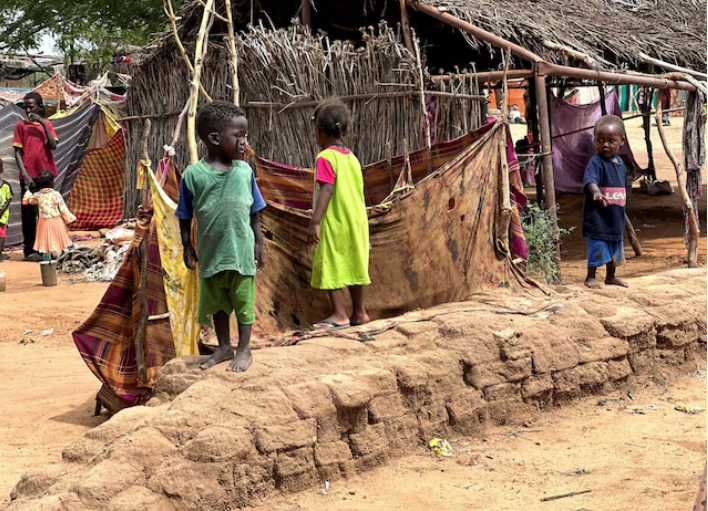
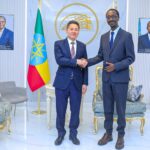
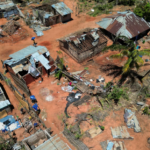
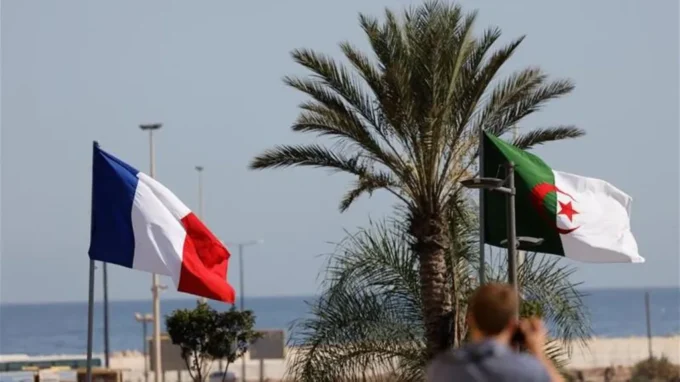

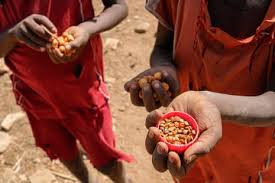

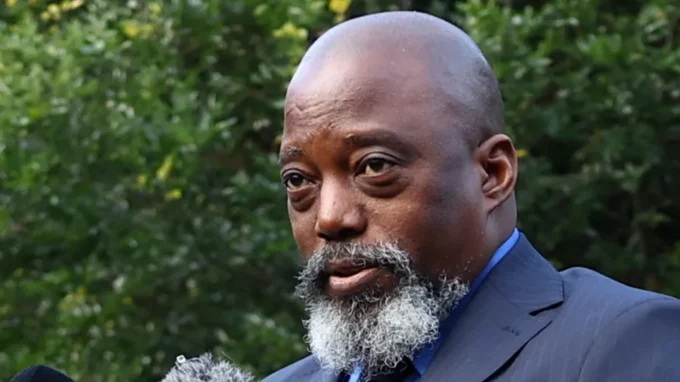




Leave a comment